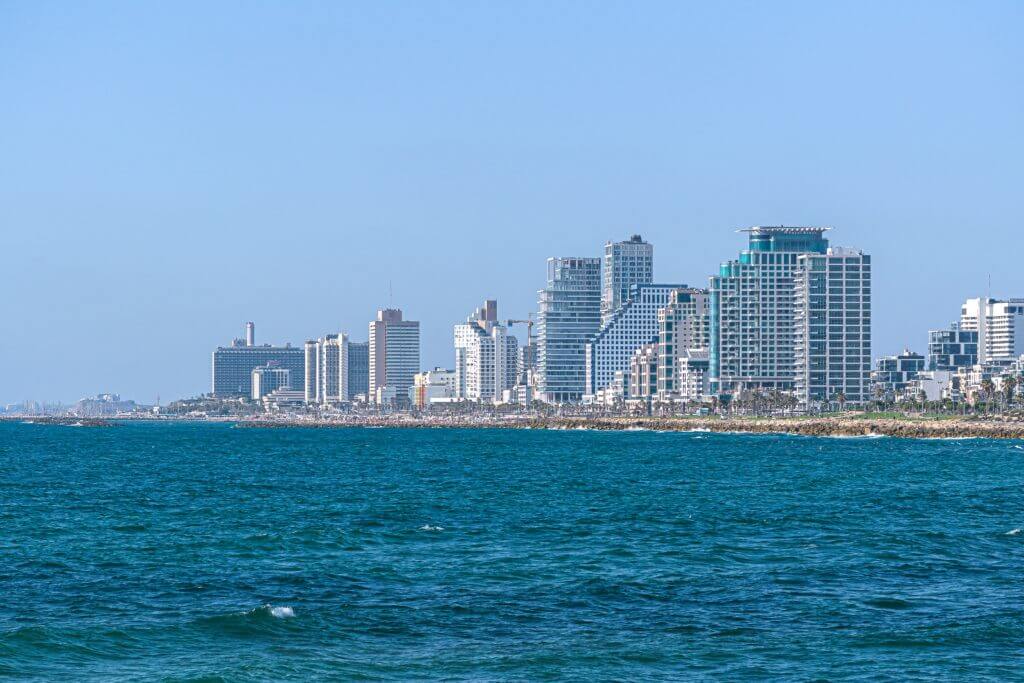How to purchase an apartment in Israel
Purchasing real estate in Israel isn’t complicated unless there are special circumstances.
We recommend that the foreign purchaser will visit Israel and see the real estate with their own eyes. However, we can manage the process completely without their visitation. In that case the client needs to sign on a power of attorney in front of consul at the consulate (or in front of a notary, and then to get it apostille) which designates the lawyer to act on his behalf in all the process.
The first step is to negotiate a contract. As part of the preliminary stages, a legal and planning inspection of the property is carried out.
Under the agreement, it is usually customary to pay 10% as a first payment, for which a “warning note” is recorded in the Government Land Registry to prevent further transactions on the same property.
In the last payment you get a hold on the property.
Purchase tax
Upon purchasing real-estate, a foreign resident, unlike an Israeli resident, does not enjoy the low purchase tax brackets to which an Israeli who purchase their first apartment is entitled to. He will pay the usual tax brackets like an Israeli resident who already owns an apartment.
- For the part of the value up to 5,348,565 NIS – 8%;
- For the part of the value that exceeds 5,348,565 NIS – 10%;
Tax benefits for new immigrants regarding purchase tax
- New immigrants are entitled to a reduced purchase tax. For the value portion of the property up to 1,842,155 NIS – 0.5%
- For the value portion of the property above 1,842,155 NIS – 5%.
Mortgage | Real Estate in Israel
Foreign residents can get a mortgage in Israel from some banks. Recently a bank gave our customer approval for more than 50% of his mortgage. There are some long bureaucratic procedures that must be taken into account opening a bank account in Israel, etc.
Tax on rental income
A foreign resident who rents an apartment in Israel will be able to choose one of three possibilities of taxation. It is highly recommended that a local expert in Israel will perform a calculation of the best solution for him.
The possibilities:
- Exemption from tax on income if the monthly income from all the apartments is not higher than the total of 5,070 NIS for 2021.
In this possibility there is no need to register and submit reports to the Israeli Tax Authority (ITA).
There is also partial exemption if the total rent from all the apartments does not exceed 10,200 NIS. In this option , expenses and depreciation can be deducted, but according to the ratio of taxable income out of total income.
- A flat tax at a rate of 10%. You can choose this option as long as the apartment is used for residential use. In this option it is not possible to deduct expenses, nor depreciation.
In this possibility there is only a short file to submit each year to the ITA
- Marginal tax bracket – the tax bracket will be determined in accordance with the total income. The first tax bracket is 31%, except for a landlord who has turned 60, for whom the first tax bracket is 10%.
In this option, expenses and depreciation can be deducted and a full report should be submitted each year.
Betterment tax (capital gain tax on real-estate)
Upon selling the property, a betterment tax (capital gain tax) will apply. The betterment is the sale amount minus the purchase amount minus the relevant expenses. The tax rate is 25% of the calculated betterment.
If the apartment sold is the only apartment that the foreign resident owns, both in Israel and in the country of their residence, the foreign resident will be exempt from betterment tax.
Double tax treaties and Real Estate In Israel
A foreign resident will usually be taxed in the country of residence as well. Therefor it’s important to examined whether there is a double taxation treaty in force. Israel and the United States signed a double tax treaty in 1995.
In the case of real estate, the initial taxation will be paid in Israel (article 7 of the treaty) and it is possible that additional tax after tax credit will be required to pay in the United States according to domestic law in the United States (depending on long-term or short-term holding, state tax, etc.).
With accordance to article 15 of the treaty, taxation of capital gain that isn’t related to real estate would apply only in the state of residency.
Costs that apply anyway:
Layer: up to 1%.
Registry fees about 700 NIS
Currency conversion fees to the bank: up to 2.5% (privet companies can save a lot!)
Additional costs (which do not have to apply)
Mortgage: bank fees are about 1,500 NIS,
Real Estate Appraiser about 3,000 NIS
Mortgage advisor: 1% of the loan approved.
Our firm can manage all processes, including collaboration with all relevant factors and consultants, and help the buyer to have an easy a to z process.
Nimrod Yaron & Co., Israeli & International Taxation, is one of Israel’s leading tax firms. Our team includes CPAs, attorneys, and economists, including former senior tax officials from the Israeli Tax Authority. In Israel and abroad, the firm advises leading private and public companies to global venture capital funds, high-tech companies, fintech companies, as well as representing individuals in all tax-related issues, including real estate tax. Contact us.



